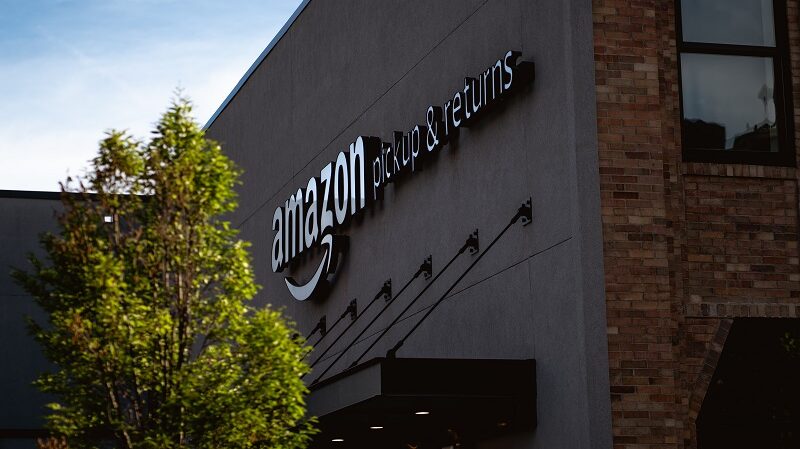On February 2, Jeff Bezos announced that he would step down as CEO of Amazon. What does this mean for Amazon? Could the company become a better, fairer employer?
The news came as a surprise to many. After 27 years, Jeff Bezos wrote in an open letter to Amazon employees:
As often as I still tap-dance into the office, I am excited about this transition.
Jeff Bezos will thus hand over his CEO duties to his successor and “shadow” Andy Jassy. However, he himself will remain at the helm of Amazon as Chairman of the Board (Executive Chair) and largest shareholder. What does the resignation mean for employees? Can they now hope for better working conditions?
Amazon was originally going to be called “merciless”.
After all, it’s no secret that Jeff Bezos is no paragon of kindness, forbearance or understanding when it comes to employers.
It’s telling that one of the possible names for Amazon in the beginning was “Relentless.com,” meaning “merciless.” Creating pleasant working conditions has still been the Bezos thing.
In the early years, there was no air conditioning in the hot warehouses. Instead, Bezos preferred to invest in ambulances. That was cheaper.
Even now, warehouse employees get little support.
Amazon’s warehouses are usually located far outside the city limits and are difficult or impossible to reach by public transportation. There is no help to get to the workplace. Neither are there sufficient breaks.
And the injury rate in some Amazon department stores in the U.S. is also three times higher than in other department stores.
Jeff Bezos, the merciless boss
Things aren’t looking any rosier for office employees, either. They report time and again about the tense work atmosphere and the high pressure to perform. Employee performance is constantly measured and analyzed via data evaluation.
Who receives the most customer complaints? Who is still answering e-mails at night? And who leaves work early? This creates an atmosphere of pressure, fear and even snitching. There is no job security or even leniency for mistakes.
But surveillance is not limited to data collection in the workplace. At times, Amazon has even gone so far as to have employees in department stores observed by private detectives.
And Amazon also knows no kindness when it comes to its delivery drivers. During the Corona crisis, for example, desperate Amazon Flex drivers had to hang their smartphones in trees in order to somehow still get orders. That’s how merciless the competition is among Amazon delivery drivers.
It’s no secret that Jeff Bezos is behind all these extreme measures at Amazon. With his resignation, can employees now hope that their working conditions will improve?
After Jeff Bezos’ resignation: Will everything be better now?
In fact, successor Andy Jassy is much more politically active than Jeff Bezos ever was, and judging by his statements on Twitter, he is someone who strongly supports equal opportunities.
On Twitter, for example, he praised the U.S. Supreme Court’s decision to treat sexual minorities equally. He also called for consequences following the death of African-American Beronna Taylor, who died as a result of police violence.
At the same time, Jassy will not have sole say in the company, even with his new CEO role. Jeff Bezos still holds the reins. So whether Jassy can do much to shake the cornerstones of Bezos’ corporate philosophy is questionable.
Still, there is increased pressure on Amazon’s employer practices, both from within and without.
Criticism of Amazon is growing louder
In Alabama, employees want to vote on forming the first Amazon union. Something the company has so far tried to prevent by all means. Even if that means following the employees themselves into the toilets.
Employees at the Seattle headquarters have demanded more social responsibility from Amazon. They want Amazon to do more for climate protection as well as for social justice. Allegedly, however, Amazon has so far threatened the particularly committed employees with dismissals.
In Europe, the EU Commission has accused Amazon of violating antitrust law. And even in the U.S., Amazon has been targeted by politicians who are also questioning the online retailer’s market power.
So Jeff Bezos is not leaving Andy Jassy with a smooth-running company.
With ever louder protests from employees, but also with likely stricter political requirements coming to big tech companies in the U.S., the pressure could well become great enough for Jassy to have to improve working conditions at Amazon.










